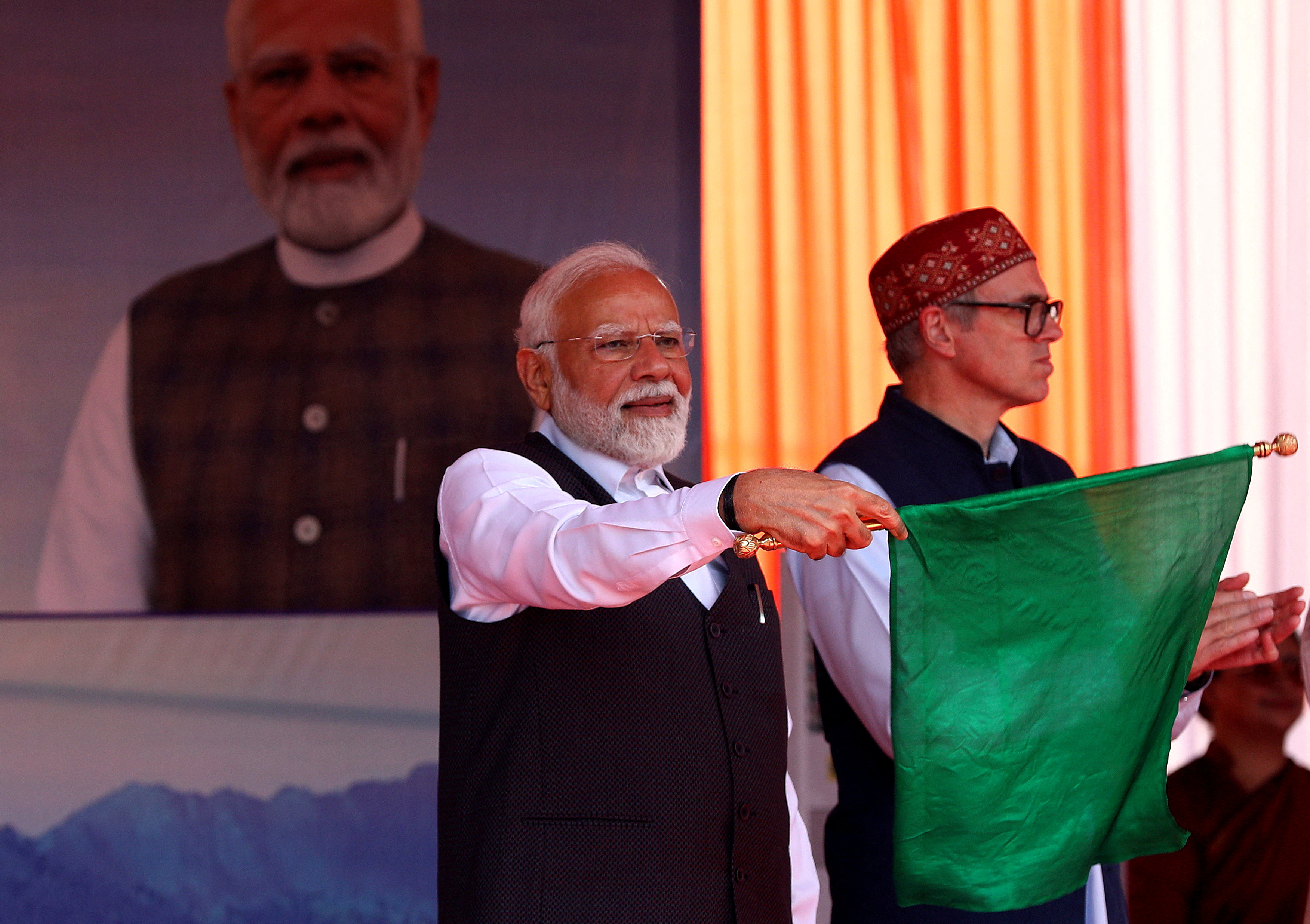Ever since its independence, Cyprus has enjoyed relations with India. There was probably solidarity as both had been British colonies that fought for their freedom, and both suffered the consequences of the Colonial Office’s divide and rule policy. After independence, Cyprus became a member of the Soviet-backed Non-Aligned Movement, in which India played a leading role, and it was in this forum that bilateral relations were strengthened.
India always gave diplomatic support to the Cyprus Republic at the UN and other international fora, ever since the Turkish invasion, while Nicosia consistently backs India on international issues. As recently as April, the Cyprus government, which has consistently backed India in its dispute over Kashmir with Pakistan, condemned Pakistan’s attack on the village of Pahalgam that brought the two countries to the brink of war. Nicosia had also indicated, according to Indian newspaper The Hindu, that it would raise Pakistan’s alleged cross-border terrorism at the EU.
These traditionally strong bilateral relations were underlined by Sunday’s planned visit to Cyprus of the Prime Minister of India Narendra Modi, who will reportedly be accompanied by an entourage of 100 people. This is a stopover, as Modi will be on his way to Canada for the G7 summit, but Nicosia still considers it a very important visit, especially as the last visit to Cyprus by an Indian PM was 23 years ago, when Atal Bihari Vajpayee was on the island. When Indira Ghandi visited in 1982 schoolchildren lined the streets to welcome her.
Things have changed since those days. India is now the most populous country in the world and has the fifth largest economy. Cyprus is now a prosperous member of the EU, despite the Turkish occupation and division, which Ghandi saw when she visited 43 years ago. Now it appears India sees relations with Cyprus from another viewpoint. According to The Hindu’s report, Modi’s visit is also directed at Ankara. “The visit to Cyprus is seen as a message to Turkey, who assisted Pakistan during Operation Sindoor” (the attack on Pahaalgam),” said The Hindu.
This could just be the newspaper’s interpretation because what would be the message being sent to Turkey by Modi’s visit to Cyprus? Ankara is fully aware of the strong relations between Nicosia and New Delhi so what message would the visit be sending? The head of the president’s diplomatic office Viktoras Papadopoulos linked the timing of the visit to the efforts of the UNSG for a resumption of the talks, although there was no link.
The primary concern of Modi’s visit is most probably the India-Middle East-Europe Economic Corridor (IMEC), which was launched a couple of years ago, and could, according to the Cyprus government, pass through Cyprus. We doubt a good friend of Cyprus, like India would be using Cyprus to send messages to Turkey.






Click here to change your cookie preferences